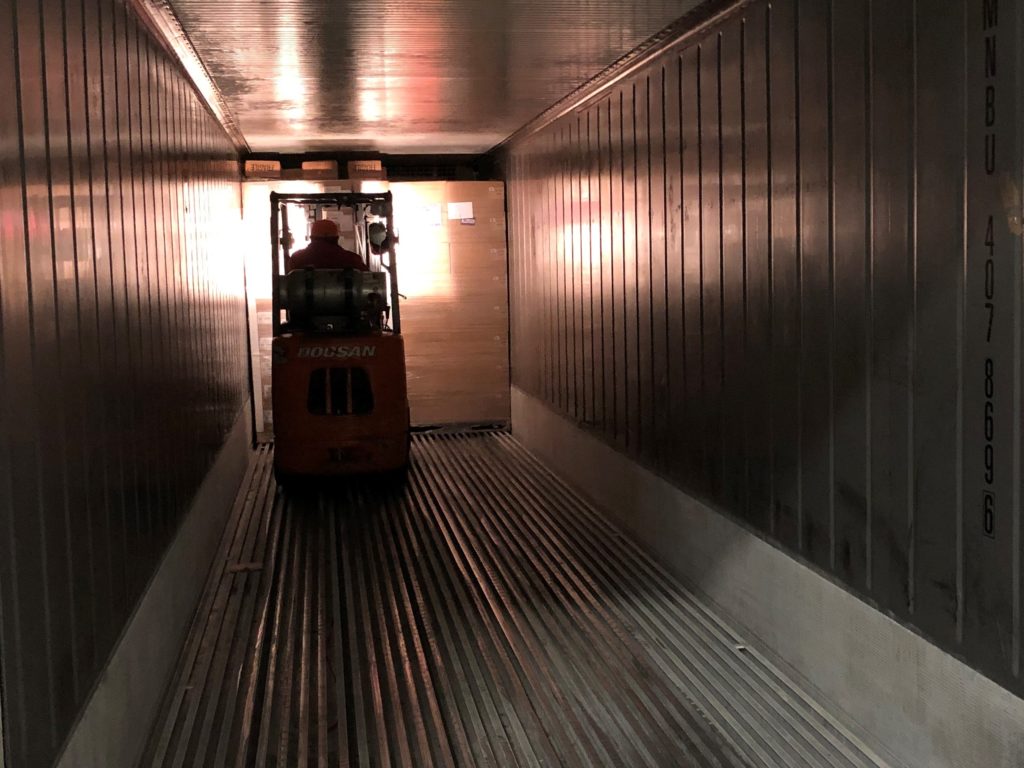LCL (Less than Container Load) Explained

LCL (Less than Container Load): Helpful Information
LCL is an acronym for “less than container load” and refers to cargo not large enough to fill a full 20 ft or 40 ft shipping container that is transported via ocean carrier.
When an order does not meet the economy of scale necessary to meet the volume requirements of an ocean container, our team can arrange for LCL service between major ports across the globe.
Additional information about LCL shipping is found below.
To get a consultation or cost estimate for your shipment, contact our Operations Manager at 845-469-1000 or email info@tradetranscorp.com.
Advantages to LCL shipping:
- Freight costs are typically based on cargo volume as opposed to a flat rate as is the case with FCL (Full Container Load) shipments.
- Shipping fewer goods more frequently means spending less on inventory space.
- Although air freight offers a faster delivery time, LCL is significantly cheaper.
- During peak times when vessel capacity is near-full, LCL can be a more flexible and faster option compared to booking an shipment than FCL shipment.
Disadvantages to LCL shipping:
- LCL shipments need to be loaded and unloaded from containers at both the shipping and destination ports which add to the overall shipment time.
- LCL shipments can be significantly more expensive per cubic meter than FCL shipments.
- Other LCL items within a container could encounter Customs issues causing delay.
- More handling is involved with LCL shipments which can increase the risk of damage.
LCL Shipping Costs:
- LCL cost is calculated primarily by volume, usually in cubic meters (m³), i.e. the larger the LCL shipment volume the greater the cost.
- Some factors to be considered for shipment via LCL are::
- weight of the goods
- dimensions of the goods
- size/shape of the goods
- ease of damage
- ease of pilferage
- need for refrigeration or other special considerations
Considerations for choosing air freight vs. LCL:
- Typically, there is a 1 cubic meter (m³) minimum charge with LCL shipping.
- Air and LCL costs are both calculated by either weight or volume whichever produces the higher revenue for the carrier.
- Typically, volume makes a bigger difference than weight with LCL shipping making it much cheaper for heavier goods. However, at times, air freight is based on dimensional weight. If cargo does not weigh as much and has a higher cube, dimensional weight is charged. For example, paper products do not have much weight but occupy more dimensional space.
LCL vs. FCL
LCL is cost efficient for small loads, however there are circumstances when it is worth paying for a full container even if you do not have sufficient goods to fill it.
Depending on your shipment’s dimensions, once volume hits approximately 10 CBM then Full Container Load (FCL) may be a better choice because LCL freight typically costs more per CBM than a FCL shipment.
Our team of experts can manage all aspects of your LCL shipment to help ensure cost savings and shipping efficiency.
